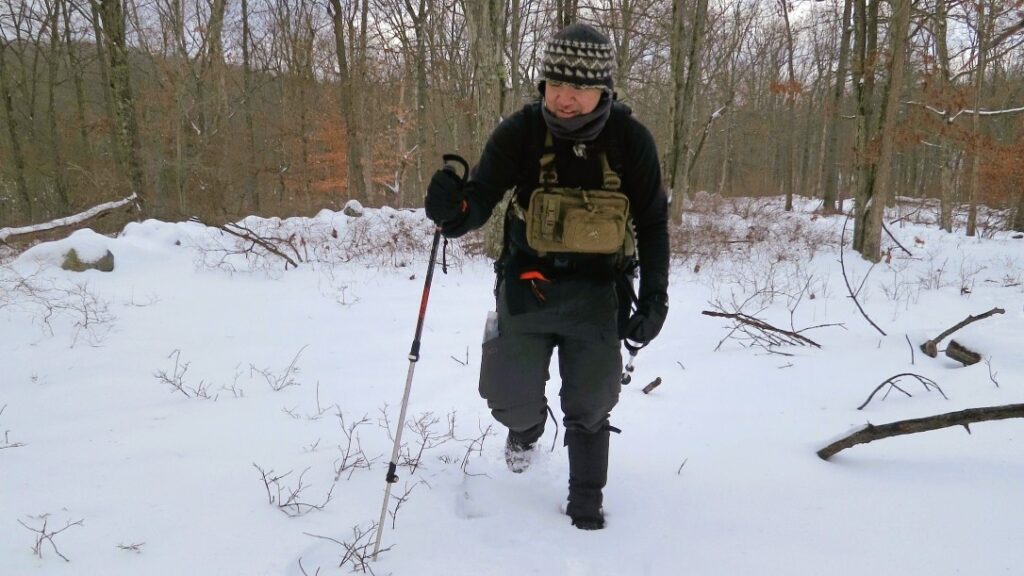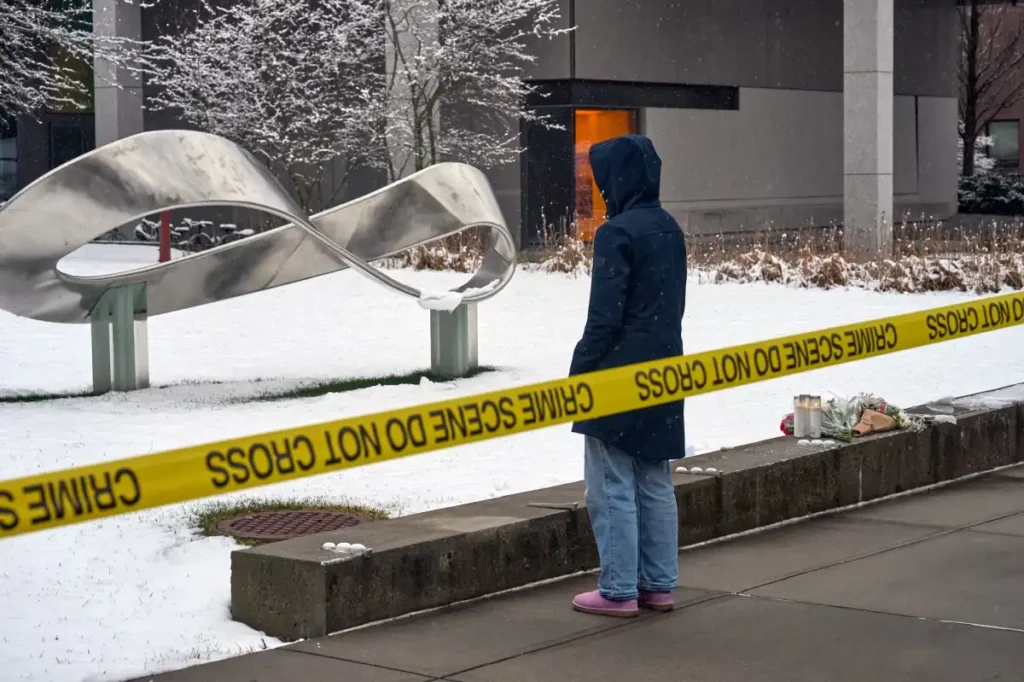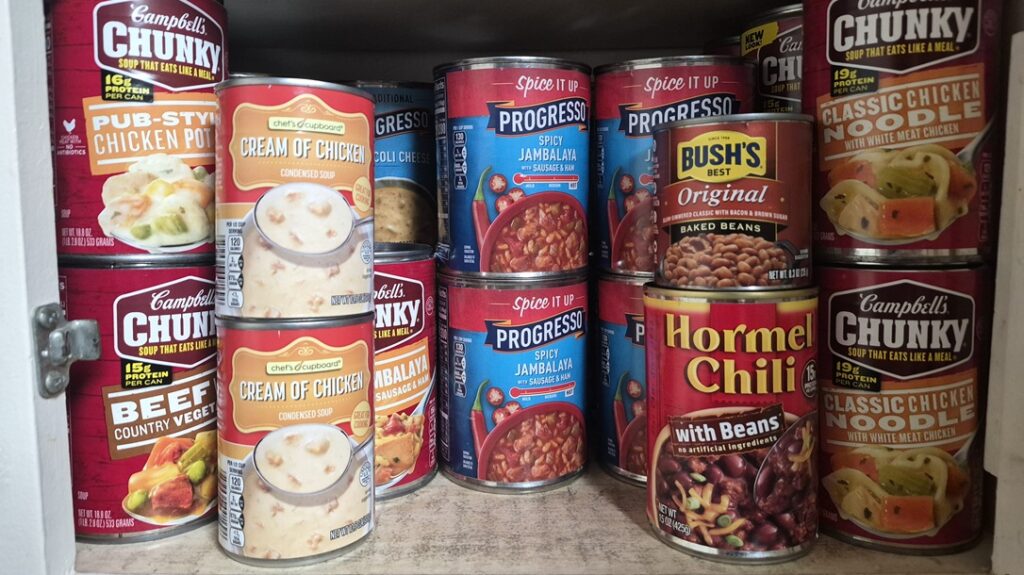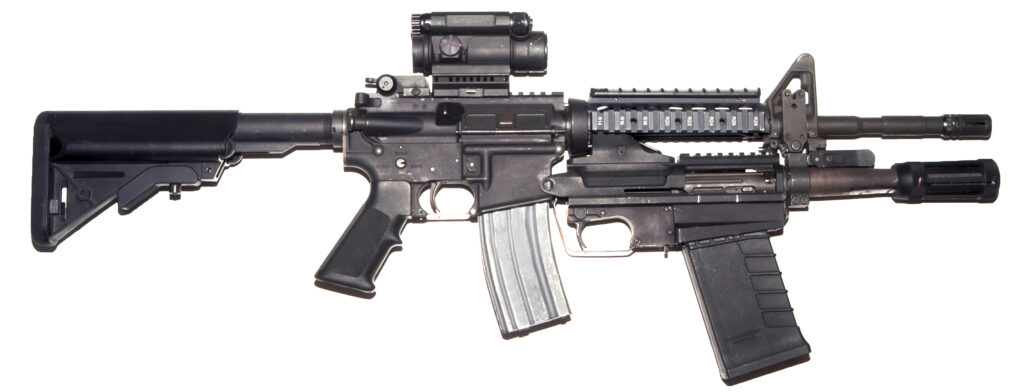Say what you will about NPR, they do good work at delivering a good product.
Their product is commentary.
On the Morning Edition, Steven Inskeep hosted Ronald Wright for a talk on surging violent crime. The year 2021, following the middle and late 2020, has been a more violent time than the historic lows we were seeing in the 2010’s.
Advertisement — Continue Reading Below
Listen to the excerpt here.
I do want to highlight a couple parts that struck me though as… well… vapid. They fill the sound space but offer nothing.
Early in the talk, Inskeep and Wright converse about the fact that homicides specifically are up while other crimes are still down with relatively little change from earlier years in the decade. The projectable margins, given the general ups and downs of society, supported the lower trends for the remaining crime types. Crime is still motivated by its traditional factors. Homicides are surging most in large cities, urban areas that historically already have the highest rates. These are also areas that were heavily hit by the resource drain that COVID restrictions caused while COVID hit the older population hard as an infection.
Advertisement — Continue Reading Below
There were, as I like to say, a myriad factors that have resulted in a very stressful year. But we’ve been building the factors for a surge for several years as we made drastic and coarse changes to policing and enforcement in order to try and ‘correct’ biases and inequality in enforcement. It was a perfect storm of being empty on political good will, enablement from the top, caving to political pressures
Things, clearly, have not yet improved.
Inskeep then leads the conversation: “So we’re focused here on homicides. We’re focused, I think, in many cases, on gun homicides. That’s certainly what the president was focused on yesterday, looking at different ways to reduce the availability of firearms within the rather limited power the federal government seems to have. Is the availability of firearms a clear factor in this increase in homicides?“ [Emphasis Added]
Advertisement — Continue Reading Below
That question, that very leading question, is the same thing they do in surveys when they want to generate a certain result. It is the same as asking, ‘Do you believe gun safety legislation is important? Y or N?’ or some variation of, ‘Do you support background checks to prevent violent felons from accessing firearms? Y or N?’ with no elaboration.
Both of those are phrased in a way to lead you to an answer without obtusely plowing you into it. The questions has the vibe of reasonability, made to feel neutral, when it is anything but. The question should have been, ‘What are the factors driving the increase in homicides?’ but instead we get firearm availability pushed out like it is the known critical factor.
In context, firearms have never been as popular as they are currently, we had a very violent previous summer with a plethora of social issues that drove very strong opinions, and all of those on top of pandemic concerns, gun control concerns from both the previous and current administration, finally combined with reduced policing presence as the nation tackles its current crisis with its law enforcement officers. There was a lot going on.
Advertisement — Continue Reading Below
All of these factors would be complex and difficult topics to begin slowly repairing on their own, they all got thrown into the firestorm that was 2020.
All of that said, we could’ve seen a much much worse spike. Civility still reigns in this nation, despite what the news media likes to say. We aren’t at the early 90’s levels and we can bring the numbers back down and keep them on that downward trend, but there isn’t an easy button for that. There is no buzzword fix for all these problems. Using the buzzword fixes caused more problems, ask Minneapolis.
But Wright picks it up, responding: “Yeah. That’s right. And it’s not just the usual people buying guns because they’re anxious about the, you know, political state of the nation…
Advertisement — Continue Reading Below
Correct, it was new people buying guns because they’re anxious about the political state of the nation and suddenly realized maybe all the people buying handguns an AR-15’s weren’t so crazy after all…
… But this was an increase in the number of people buying, not just the number of guns. So this wasn’t just people adding to their existing stockpile of guns. But this was new gun owners coming on.”
Yes, it was new owners. There was a massive concerted effort from the shooting industry, welcoming them and pushing as much information as possible into as many forums as possible on good ownership practices. Locks, safes, proper handling, places for training, places for questions. There was a massive outpouring of resources centered around not only bring new gun owners into the space, but doing so responsibly.
Advertisement — Continue Reading Below
“Well, that is particularly interesting because I’m mindful – and tell me if I’m wrong about this. I’m mindful that if you have a gun in the house, I mean, there’s just a chance it’s going to be used. The availability of a gun increases the chance that someone in that household at some point is going to use it. Is that a factor here?” – Inskeep
You mean to tell me… that if someone buys something for their house, their personal safety, and they are encouraged to learn about this new tool and practice with it that it may, just may, get used? Are people who purchase cars more likely to get into a vehicle accident with them? What brilliantly deep causative analysis…
“It is. If you don’t follow proper storage procedures then bringing a gun into the house brings more risk with it into the house, unless you are doing the things that you need to do to store the gun properly.” -Wright
Advertisement — Continue Reading Below
If you are unsafe with the thing, it can be unsafe. Unless you are doing the things that make it safe, then you are safe. Truly groundbreaking stuff here…
Then after this excoriation of ‘New Gun Owners’ as bumbling mouthbreathers, incapable of being left to their own devices and conduct themselves safely, the then slide back to homicides as if these two items are directly linked. Like someone who forgot to lock their pistol in the safe and instead put it into a nightstand caused Portlands 800% jump in homicide numbers all on their own. It was all the hunter who didn’t put their shotgun all the way away and left it in the living room for awhile. The new gun owners, and their terrible awful habits and the hundreds and hundreds of murders because the guns wandered off…
Yeah, its correlative nonsense. But it is NPR! A name that holds weight as an information authority that on many topics, firearms just has never been one of them. Not in the manner their reputation deserves.
Advertisement — Continue Reading Below
The two then pivot back combating the rise in homicides, and what is the solution? After they just scored the hide of every new gun owner during the pandemic and took a passive aggressive swing at current owners who bought additional firearms as paranoid fringe lunatics (but just a little, like ‘no offense’)? The solution was…
Local policing.
Build a relationship of trust so that the community is empowered to work with the police to solve the crimes.
Buzzword solutions…
That’s all well and good, but we know these homicides are in locations where snitches get stitches, or a body bag themselves, so ‘nobody seen nothin’ becomes the name of survival. In regions where it is organized crime, where it is groups fighting groups, these sunshiny little colloquialisms about the community coming together to stop the violence is hard. damn. work! Bordering on impossible in some cases.
So why discuss it without getting into the discussion about how difficult this actually is instead of pinning the blame on the folks who realized that the big .GOV was not coming to help them out?















